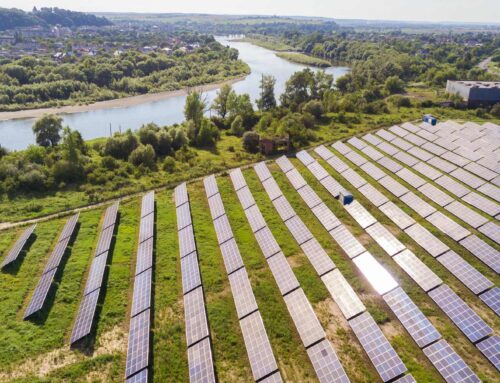Layoffs hit Amazon, UPS, Target, and more — but it has little to do with AI
November 2, 2025
Thousands of workers are falling victim to job cuts at Amazon (AMZN), UPS (UPS), Nestlé (NSRGY), and other large companies, in an economy defined by uncertainty, AI, and global tensions.
Amazon said in a message to employees Tuesday that it would reduce its “corporate workforce” by approximately 14,000 roles. The announcement raised the question: Was it a signal that workers were being replaced by emerging technology that has threatened to make them obsolete?
Andy Jassy, Amazon’s CEO, said the workforce reduction “was not really financially driven, and it’s not even really AI driven — not right now, at least.”
“It’s culture,” Jassy said. “If you grow as fast as we did for several years — the size of businesses, the number of people, the number of locations, the types of businesses you’re in — you end up with a lot more people than what you had before, and you end up with a lot more layers.”
Workers wouldn’t be blamed for having whiplash, though. The labor market was strong just a few years ago, with openings reaching a record high in 2022 amid a surge of resignations. Job postings for tech and mathematics in particular peaked early that year at more than double their February 2020 level, according to Indeed research, only to plunge 36% below that pre-pandemic level by July of this year.
Indeed noted that the earlier hiring boom, broader economic conditions, and interest in AI could explain this year’s “crash in demand for tech workers.”
“If we take a look at Amazon, we know they hired very aggressively between 2017 and 2022, adding tons of workers during the pandemic, so I’m not surprised that there’s been a correction there,” Timothy DeStefano, a professor of economics at Georgetown University, told Yahoo Finance.
“I personally don’t think there’s any connection between these layoffs and AI,” DeStefano said.
Sure, companies are investing heavily in artificial intelligence — but there’s not much evidence that they’re deploying it in a way that’s displacing thousands of workers.
The recent layoff announcements weren’t really anything out of the norm, DeStefano said.
Goldman Sachs published a survey Thursday of more than 100 of its bankers on how their clients were using or planning to use AI, finding “only 11% of US companies are actively reducing headcount due to AI,” though more sizable reductions could come later.
“These results support our longstanding view that AI will mostly be a productivity- and revenue-enhancing technology, while also confirming our recent research findings that the labor market impact of AI is still limited outside of a few specific sectors like tech,” economists for Goldman Sachs Research said.
Still, Amazon isn’t the only company laying off workers. UPS said in its third quarter earnings results that it had cut its “operational workforce by approximately 34,000 positions” in the first nine months of the year as it looked to be more efficient, while about 14,000 positions, primarily in management, had also been eliminated.
Target (TGT) is similarly planning to axe 1,800 corporate roles, while Paramount Skydance (PSKY) is set to slash about 1,000 positions. Another 1,000 Paramount employees are expected to be cut later on, according to the Los Angeles Times.
Even perceived winners in the AI-fueled economy, like Meta (META), have recently announced layoffs — in its AI unit, no less. Rivian (RIVN) is also reportedly implementing workforce reductions.
Though layoffs remain relatively stable and the labor market showed some possible signs of a slight recovery in October, this year’s no-hire, no-fire job environment has still left young workers reeling, and the share of long-term unemployed people is at its highest in more than three years. That the pool of out-of-work Americans submitting applications is about to get larger will certainly be unwelcome news.
“I think layoffs are a bad thing, and they’re particularly bad for the people involved,” Matthew Bidwell, a management professor at the University of Pennsylvania’s Wharton School, told Yahoo Finance. “But they’re also part of the capitalist process of creative destruction — companies will invest in building businesses in certain areas, and over time those businesses will turn out not to work or to be obsolete.”
Learn more: How a CD can help you prepare for — and survive — a layoff
Some companies, though, have been transparent about facing certain realities feared by workers: Chegg (CHGG), an education technology company, said this week it would cut about 45% of its workforce as AI dents its revenue, and Salesforce (CRM)’s CEO has said efficiencies from AI mean the company now needs fewer people.
But, broader picture, “I think there are early signs that AI may be starting to affect the labor market — it’s not clear to me that these layoffs are where we’re seeing it so far,” Bidwell said.
Emma Ockerman is a reporter covering the economy and labor for Yahoo Finance. You can reach her at emma.ockerman@yahooinc.com.
Sign up for the Mind Your Money newsletter
Read the latest financial and business news from Yahoo Finance
Terms and Privacy Policy
Search
RECENT PRESS RELEASES
Related Post


